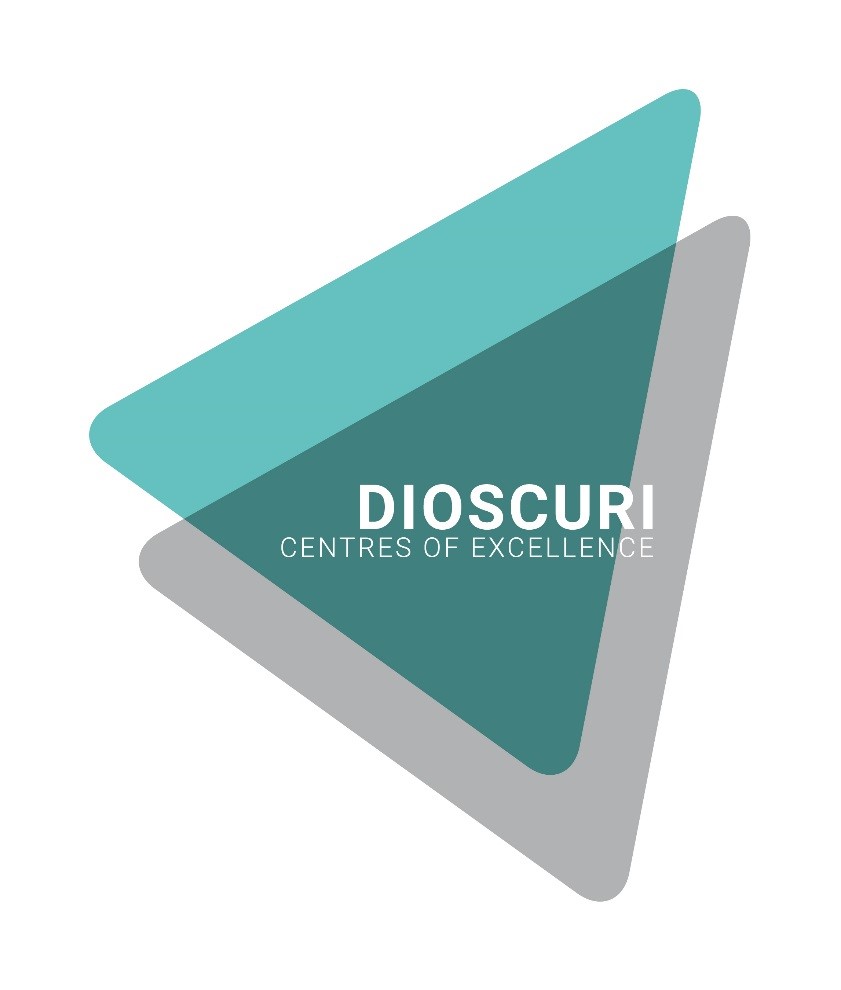A foretaste of POLONEZ BIS
A new website, newsletter and a publication summarising the results of previous calls. The POLONEZ BIS programme, which gives foreign researchers arriving in Poland the promise of an attractive salary as well as an opportunity to conduct their own research project and advance their career, is on its way.
Co-funded under the Marie Skłodowska-Curie grant, the POLONEZ BIS programme is addressed to applicants from abroad. In three successive calls, the first scheduled in half a year’s time, the National Science Centre will select 120 outstanding researchers, who will then move to Poland for 24 months to carry out their basic research. The programme is open to applicants who hold a PhD degree or have 4 years of research experience, and who have lived and worked outside Poland for at least 2 years within the last 3 years prior to the call launch. For detailed information about the programme, as well as regular updates, please visit its new website.
What projects will be eligible for funding? What benefits can host institutions expect? We encourage you to read „The POLONEZ experience – why it matters”, which showcases 24 out of 109 research projects funded under previous POLONEZ calls. In their own articles, Fellows present their research and their personal experience of living and working in Poland. The publication also features interviews with research partners, as well as statistics that describe various aspects of the projects.
POLONEZ BIS once again offers very attractive financial terms. Besides a gross monthly salary of 4,465 euro, researchers will receive up to 100,000 euro to cover the direct costs of their research projects. The choice of subject and discipline is up to the applicants, who will submit their proposals in tandem with their host institutions in Poland, i.e. their future employers. Fellowships can be hosted by research centres, universities, research libraries, museums, non-governmental organisations, hospitals and businesses, as well as any other institution registered in Poland. Importantly, the profile of the host institution should reflect the nature of the research project.
The research component will be supplemented by secondments at non-academic institutions and an attractive training programme, supported by partner organisations: the Careers Research and Advisory Centre will conduct workshops, the Startup HUB Poland Foundation will help to establish contacts with the world of business, the Women Scientists – Polish Women Scientists Network will promote project results, and the Interdisciplinary Centre for Mathematical and Computer Modelling at the University of Warsaw will offer advice on the practical implementation of the policy of open access to research publications and data.
The first POLONEZ BIS call will be launched on 15 September 2021; the second and the third calls will follow in March and September 2022. To keep updated, visit the official website of the programme, subscribe to our newsletter, or follow us in social media.





